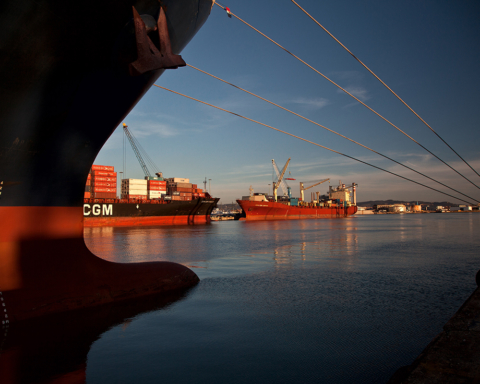The European Union has presented its latest sanctions package against Russia. It targets around 50 ships in its shadow fleet, i.e. tankers used to transport petroleum products shipped from countries subject to international sanctions.
EU foreign ministers are expected to formally adopt the sanctions package on Monday.
Additional sanctions are expected to be introduced in the new year, when Poland will take over the EU presidency from Hungary.
Russia remains the world’s second largest oil exporter. A supremacy that it has been able to maintain in spite of sanctions thanks to its expanding dark fleet, boosted by ports that continue to allow their shadow ships to call there.
Last year Moscow exported 254 million tonnes of oil. This year it is set to export 250 million tonnes, a very small year-on-year downturn of just under 2%.
These are the first sanctions that have been agreed upon during the Hungarian EU Council Presidency.
The main target of the 15th package is the so-called ‘shadow fleet’ that Russia has been using to circumvent the price cap the Western allies introduced at the end of 2022 with the aim of reducing global sales of Russian oil being shipped by sea.
The limit has been set at $60 per barrel for crude oil and prohibits Western companies from providing services like insurance, financing and reporting to Russian tankers that sell crude oil above the agreed price.
Translation by Giles Foster




